Mwalimu
- 364 Posts
- 340 Comments

 9·3 months ago
9·3 months ago“Luddite” has been turned into a slur over time but it is actually a view point that humans should have a say on what technology does to them and for who. They were not technophobes. They were technodeterminists.

 3·4 months ago
3·4 months agoMe: Leave that to me. I know what I want.
The horror! I detest that website with my all. It was one of the earliest places I saw a nasty dark pattern. They would bait you to pay to see who viewed your profile, preying on job seekers desperate for a signal that something may come their way. Nasty evil people those!

 141·5 months ago
141·5 months agoAgain, scientists used AI to develop a viable bacteriophage genome. To say AI did it is confusing.
How do you track gender category when it is not listed or asked anywhere on the forums?

 2·7 months ago
2·7 months agoAnd it may keep getting worse in the months ahead.
Make a post there and I can make you a mod.
cameroon!cameroon@baraza.africa
This usually occurs if there is no existing interaction between the two instances. Your comment here and my reply to you will likely start the federation fetch. Future comments from Baraza should start to show on that community.
Hi there. Yes, if you think you can mod the community, I am happy to get that going. The more the merrier.
That’s a fine looking painting. RIP to your dad.
 4·11 months ago
4·11 months agoI have been on these streets long enough to see these kind of military guys come to the scene, ruffle feathers, and slowly morph into the exact same thing they claimed to hate. Talking to Burkinabe people, I am not sure how long this post will endure.

 2·1 year ago
2·1 year agoNo fucking roots shall hold.

 14·1 year ago
14·1 year ago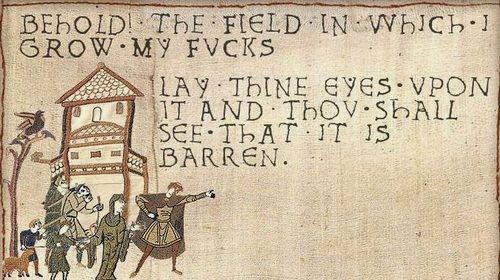
A classic!
Like workday hours v weekend hours.
The grey is faster than the red, then I ask to myself, what a wonderful world.
“The problem with defending the purity of the English language is that English is about as pure as a cribhouse whore. We don’t just borrow words; on occasion, English has pursued other languages down alleyways to beat them unconscious and rifle their pockets for new vocabulary.”
James D. Nicoll

 35·2 years ago
35·2 years agoI think this is something most people rarely talk about but it strikes home to many of us. As a parent, I have a responsibility to defend my children against this persistent cognitive manipulation and experimentation. Just as I would not want a random stranger at the corner have exclusive attention of my kid and sell them insurance or grammarly or mesothelioma, I would also never want them to have that unfiltered access to my kids online. One can then say AdBlocks are a parental obligation.

 6·2 years ago
6·2 years agoChoice sounds like something people should not be fighting over :)
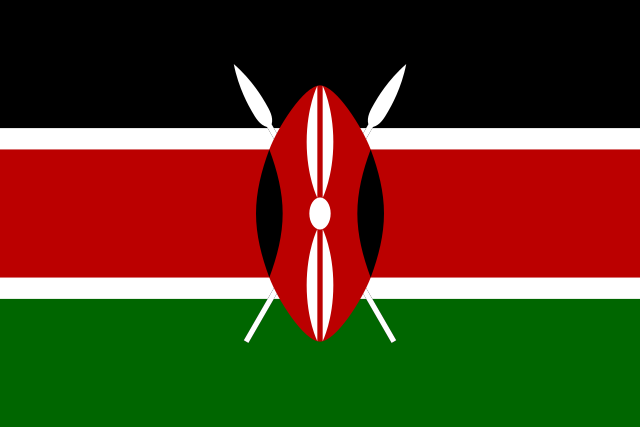




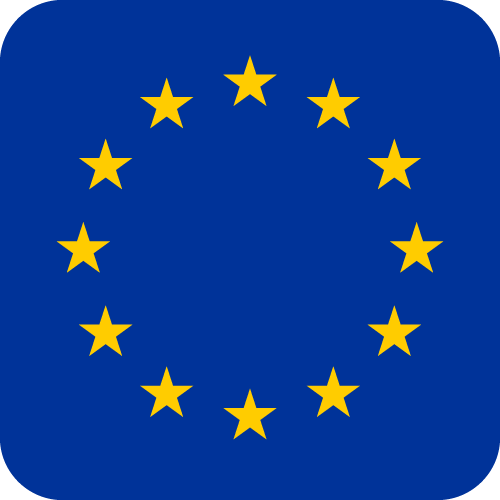
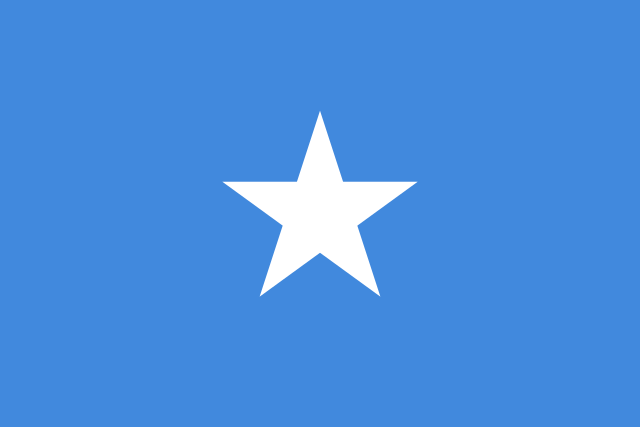

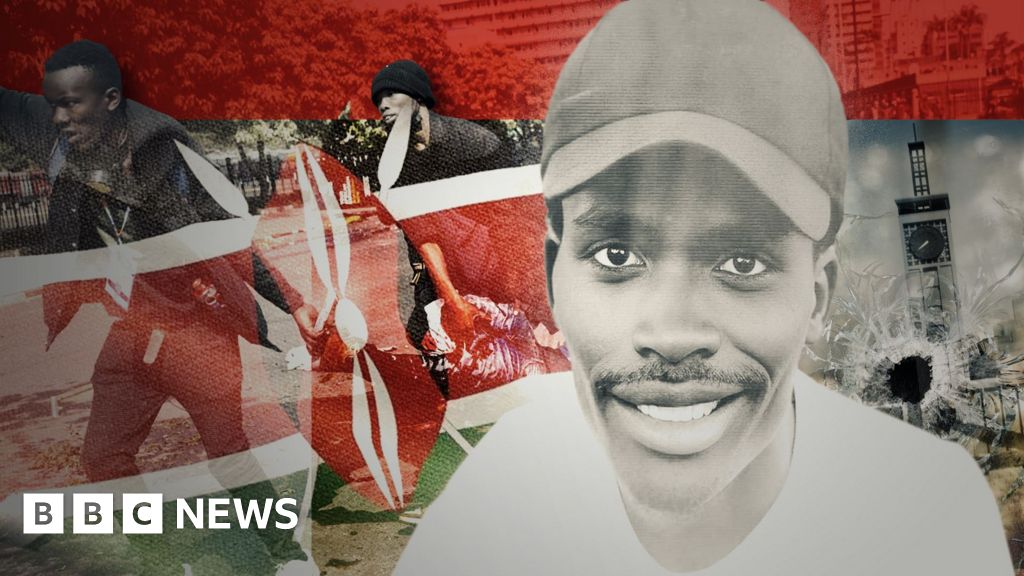
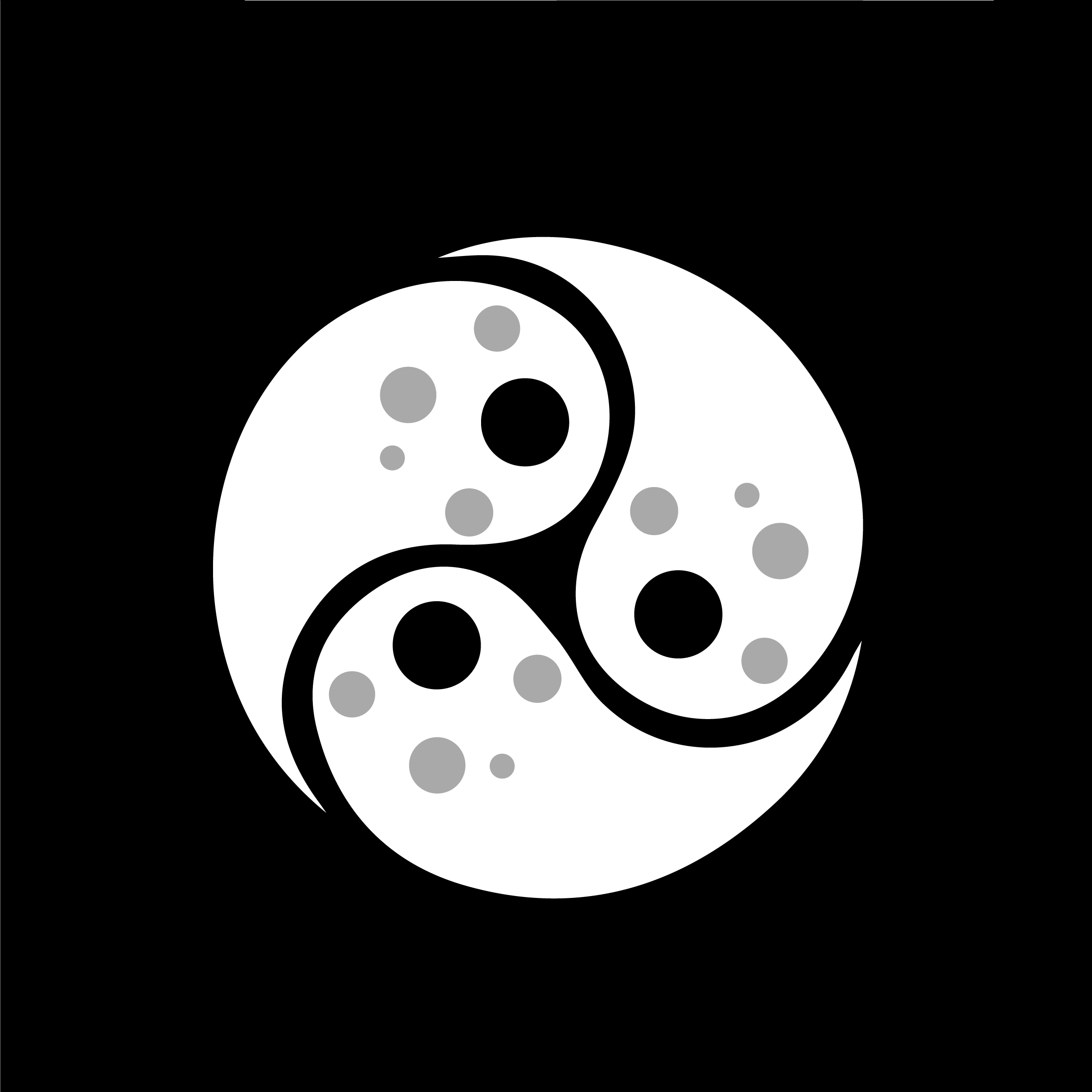


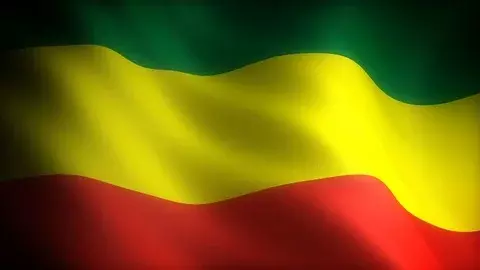
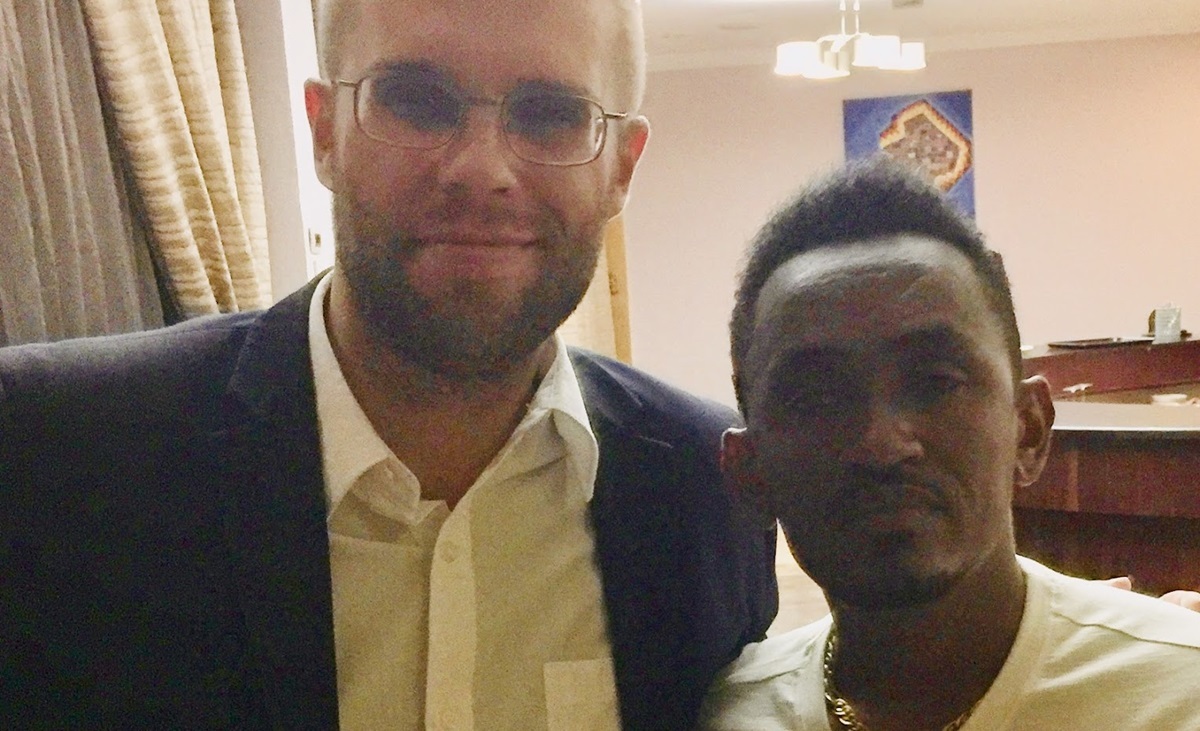
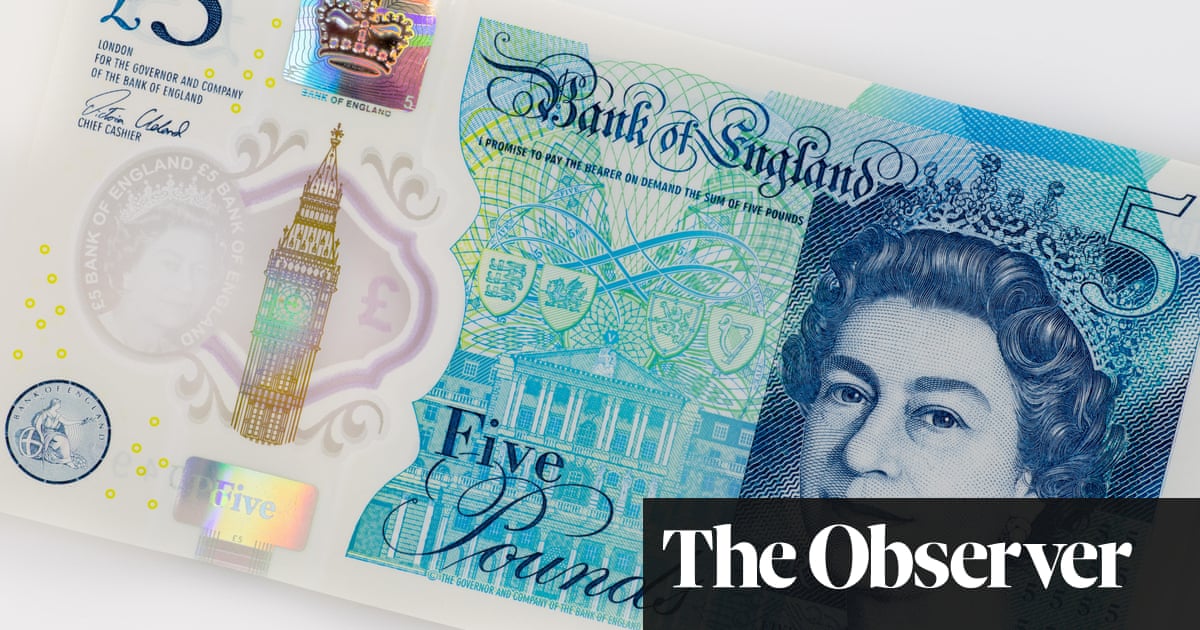
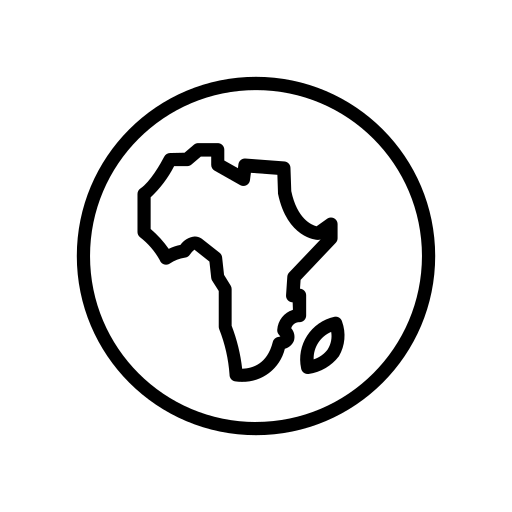
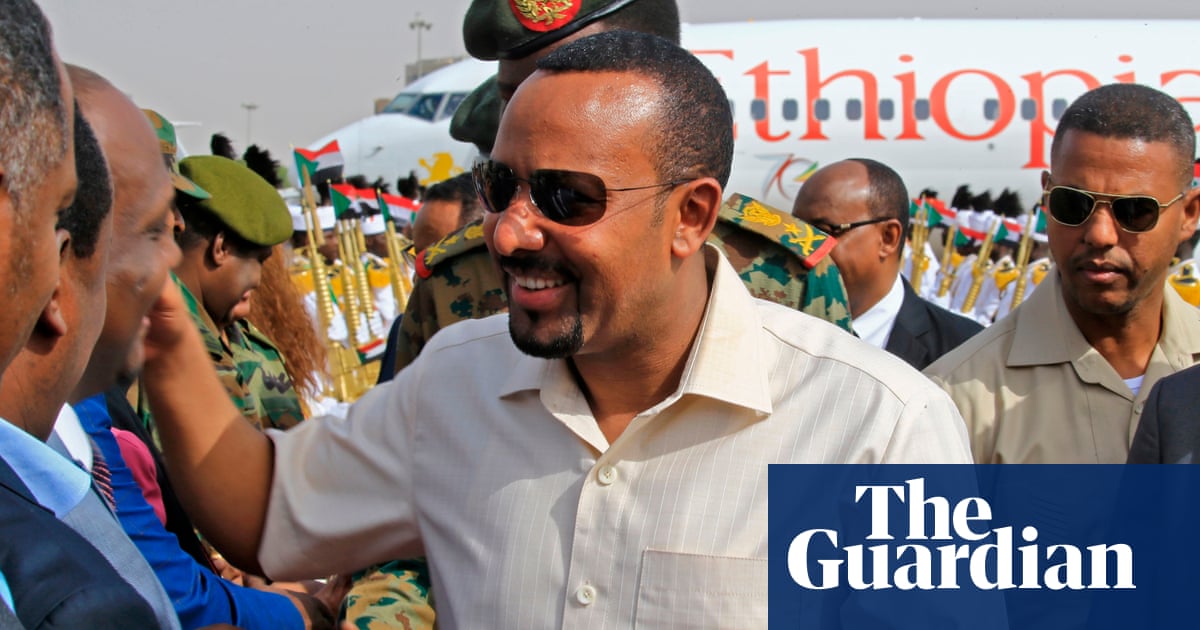
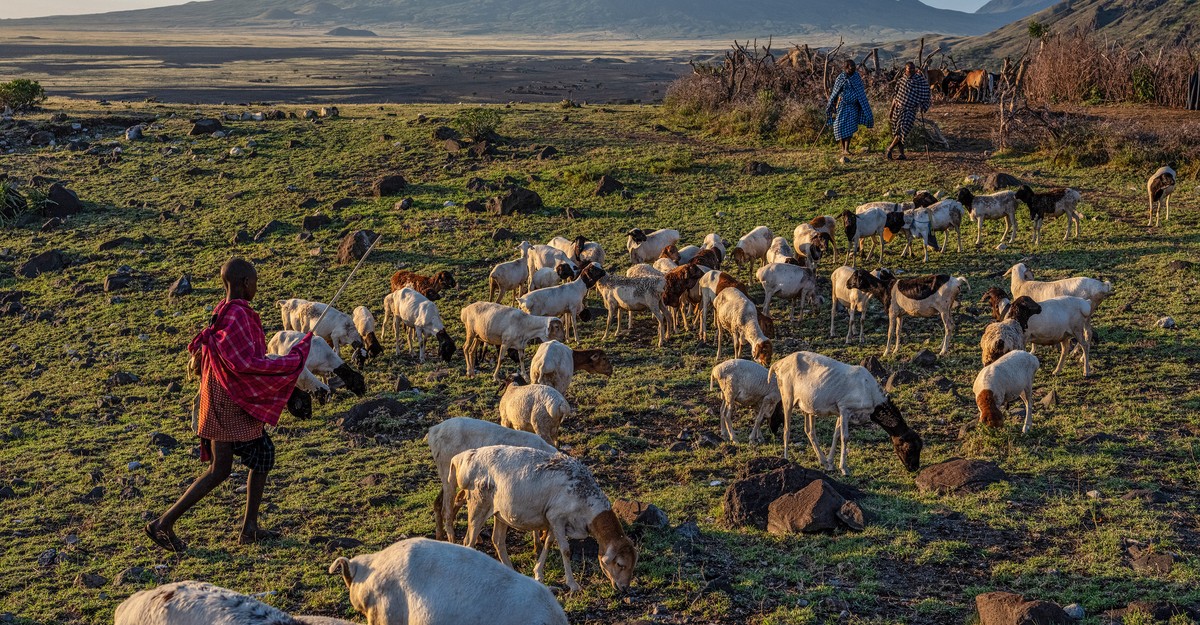
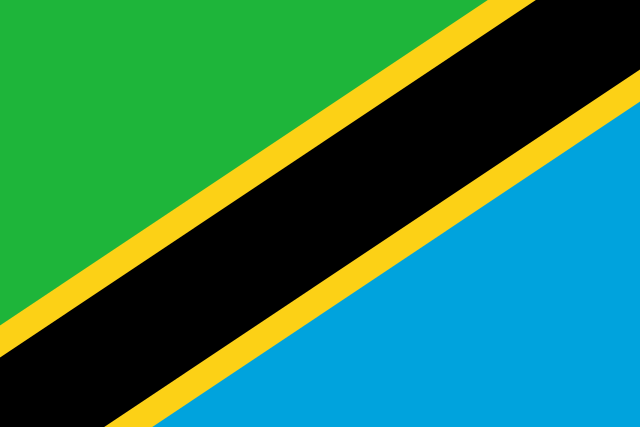

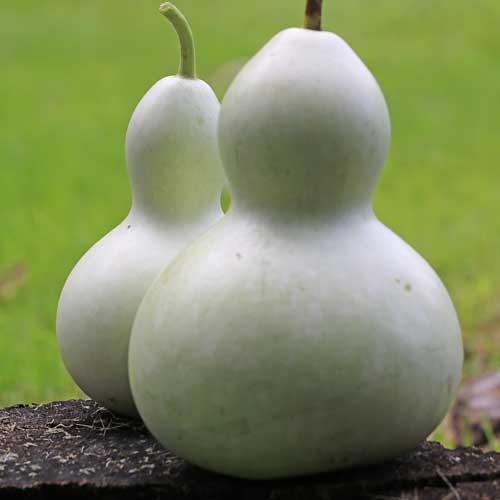
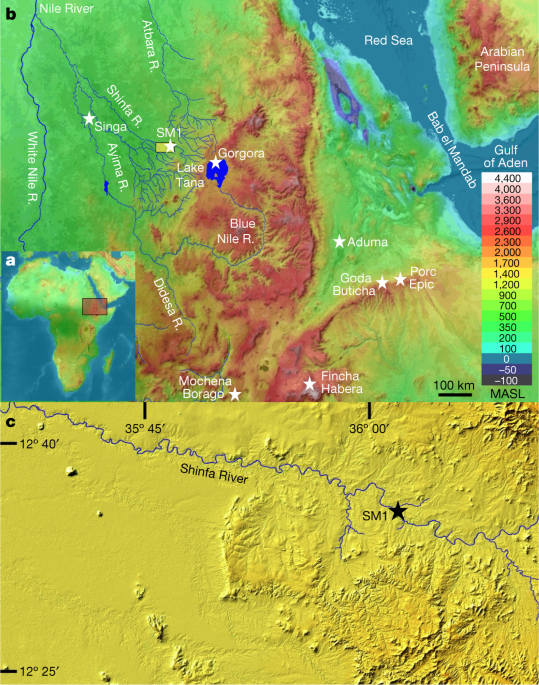
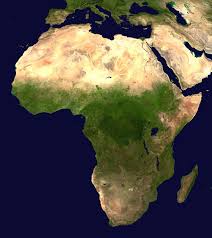


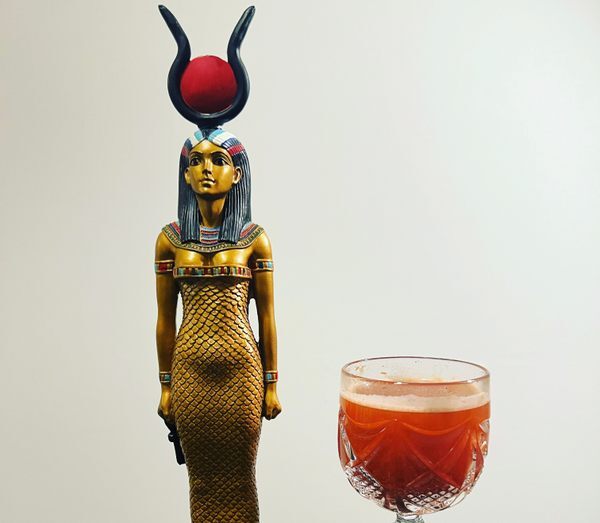
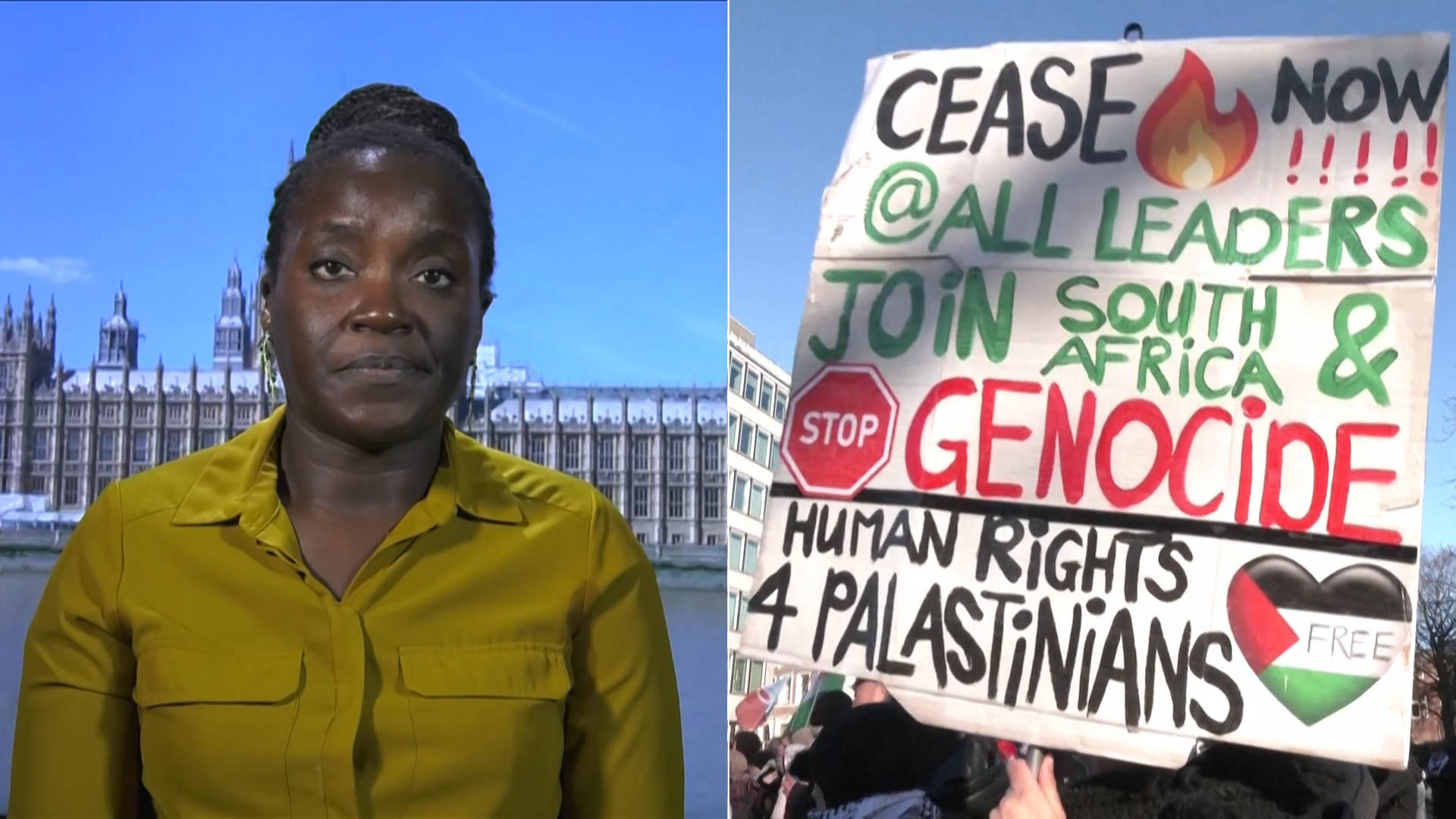
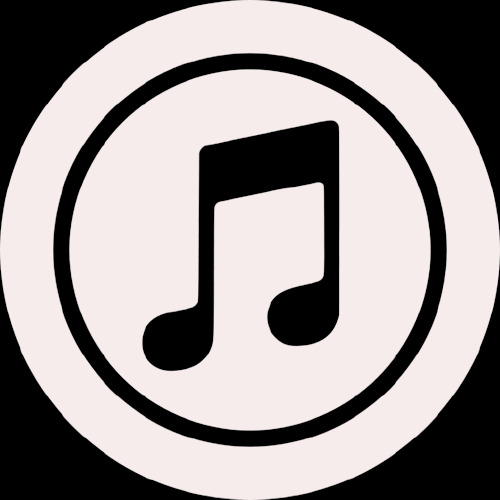

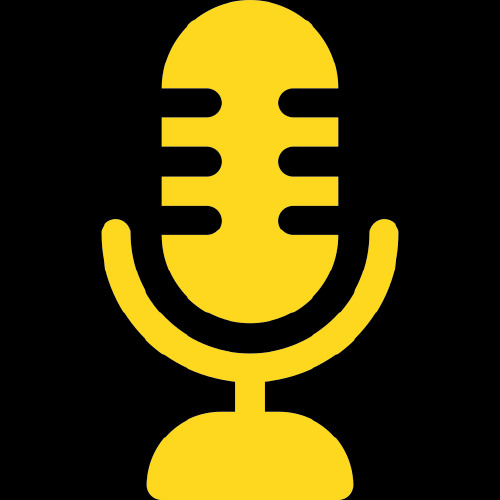
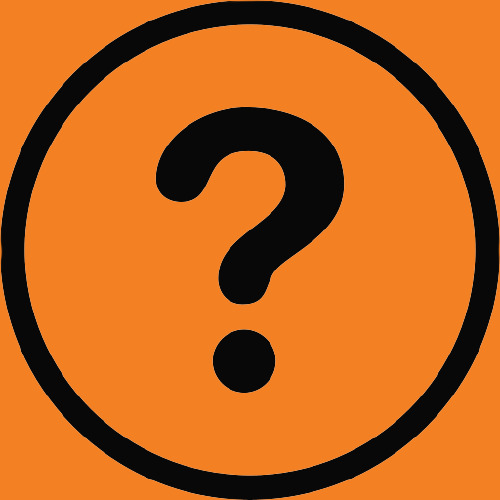
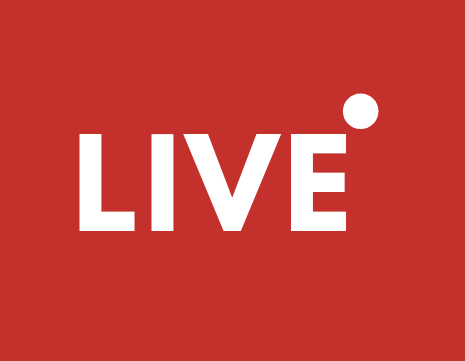
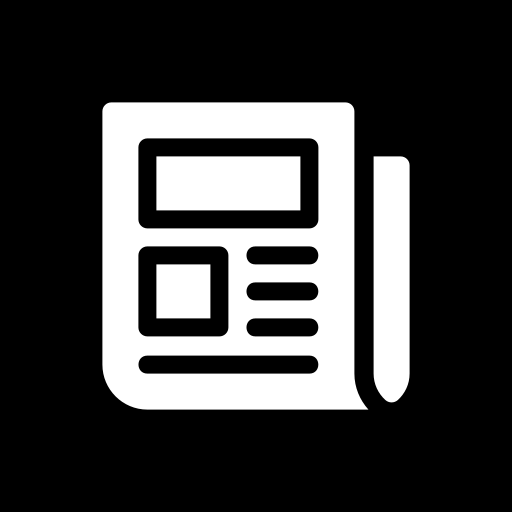
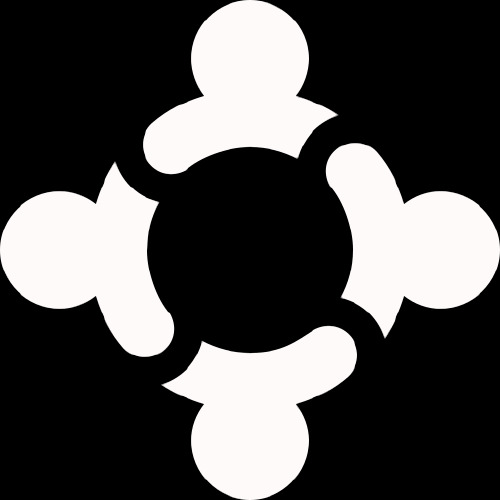


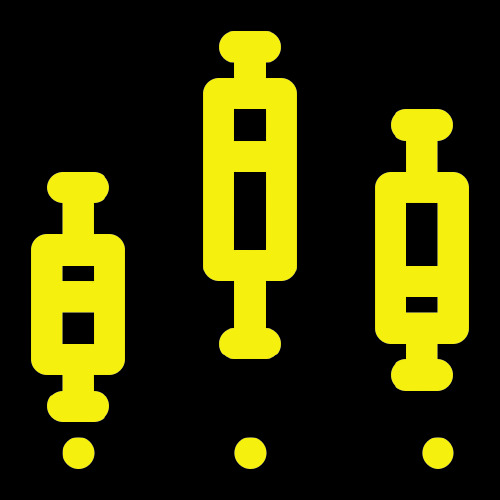
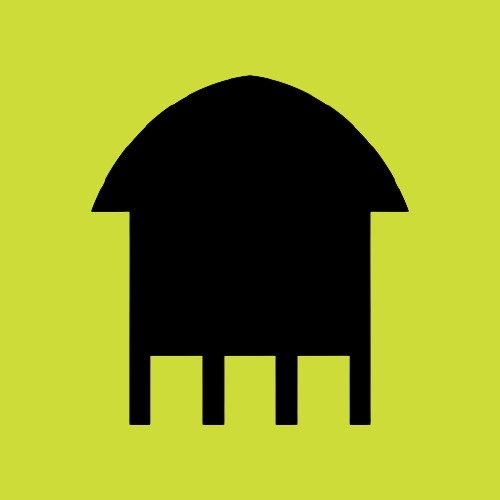
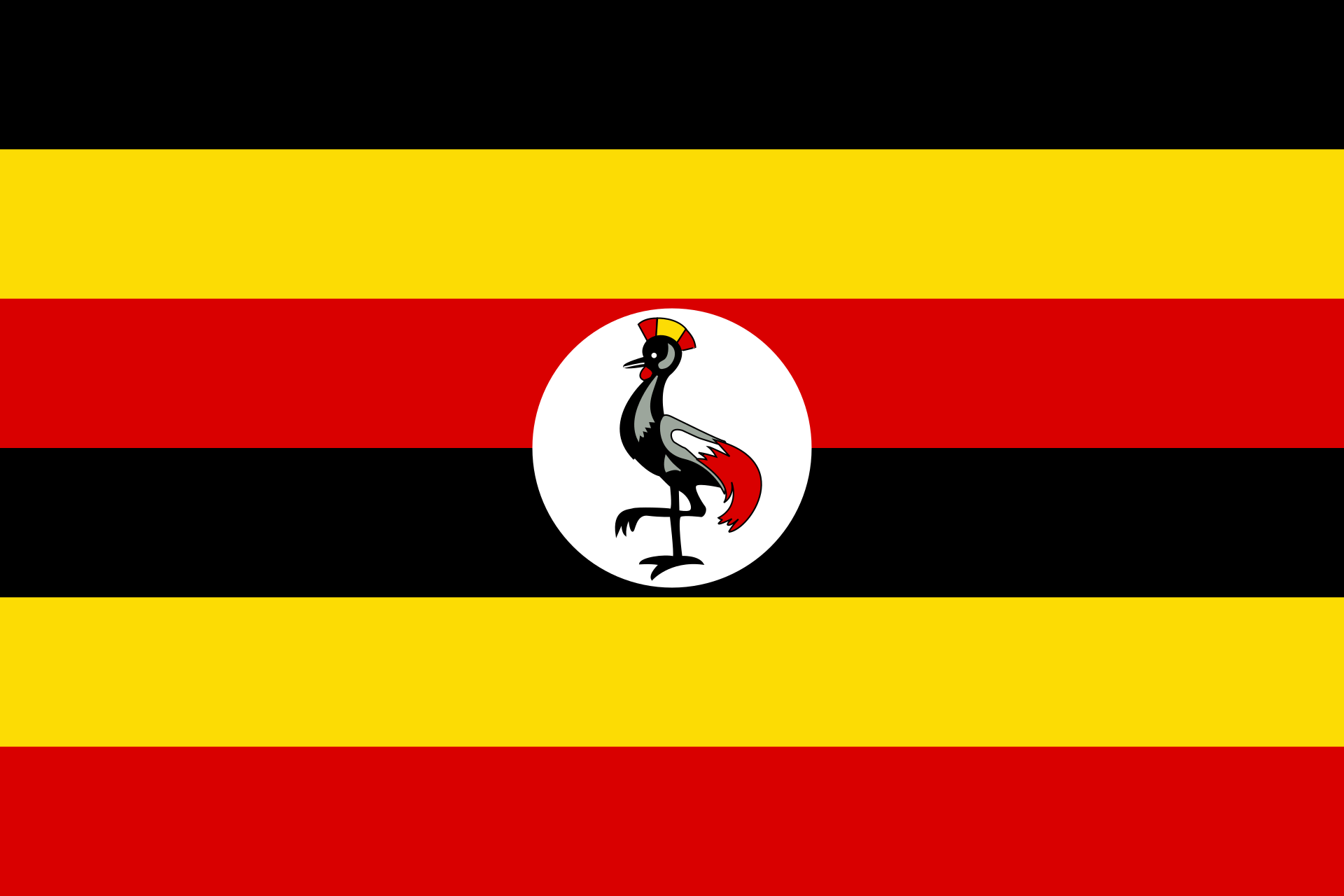
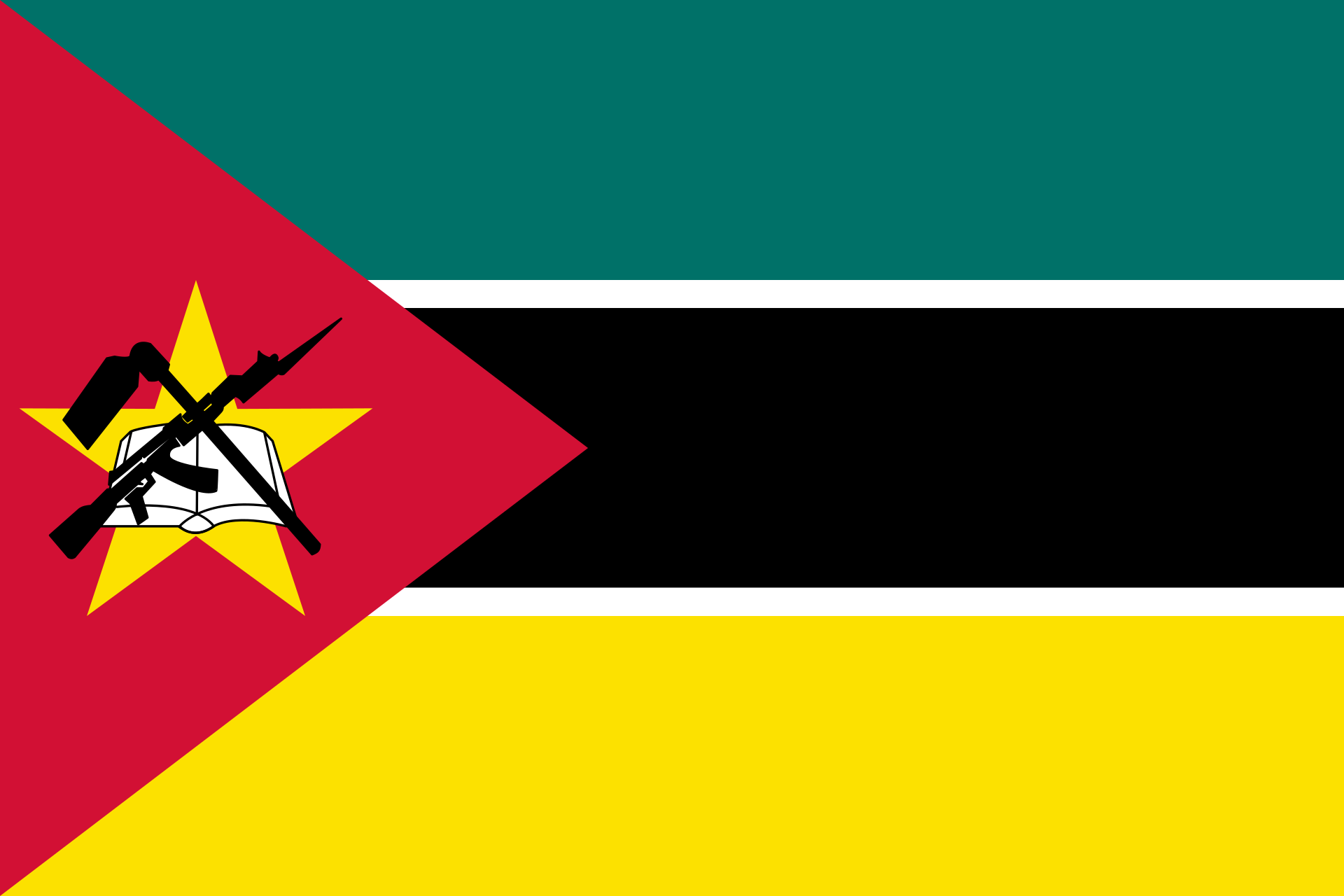

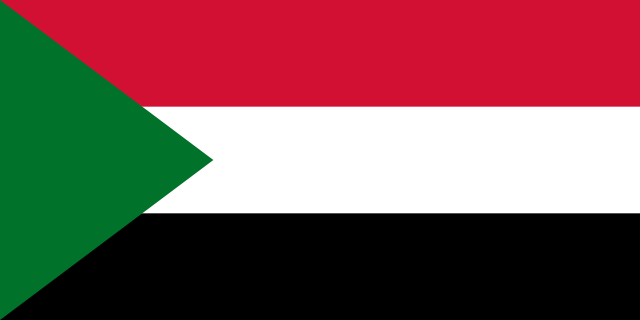
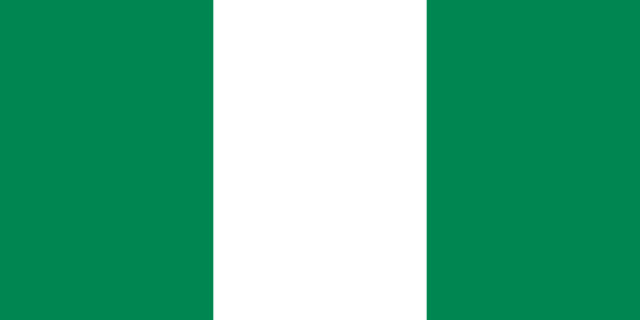
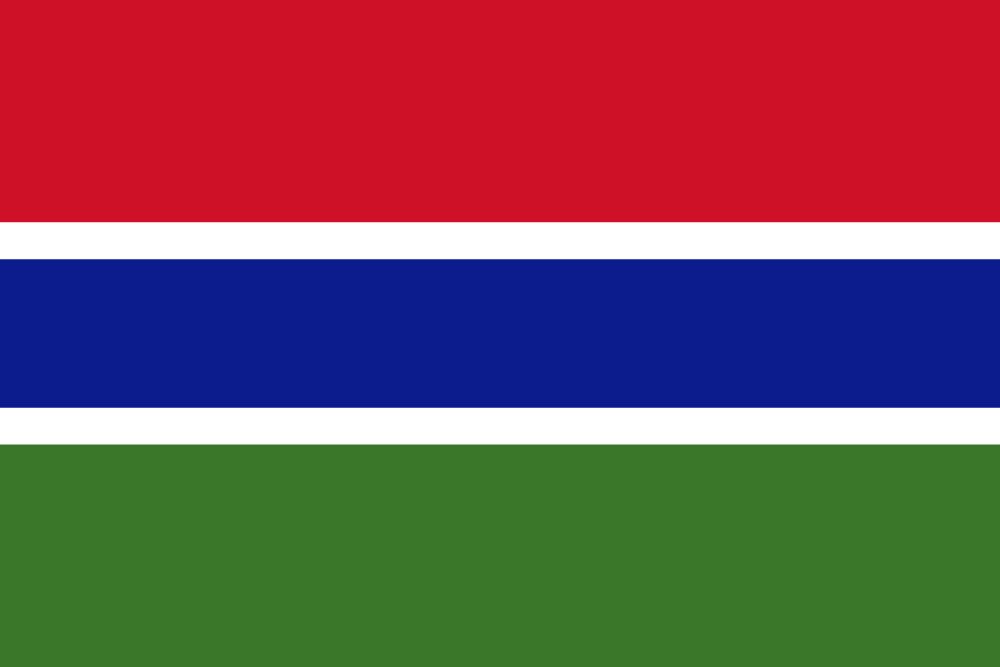

It is not enough to talk of an alternative if the underlying structure reinforces centralization. This is so especially when federation protocols are active and seeking adoption.